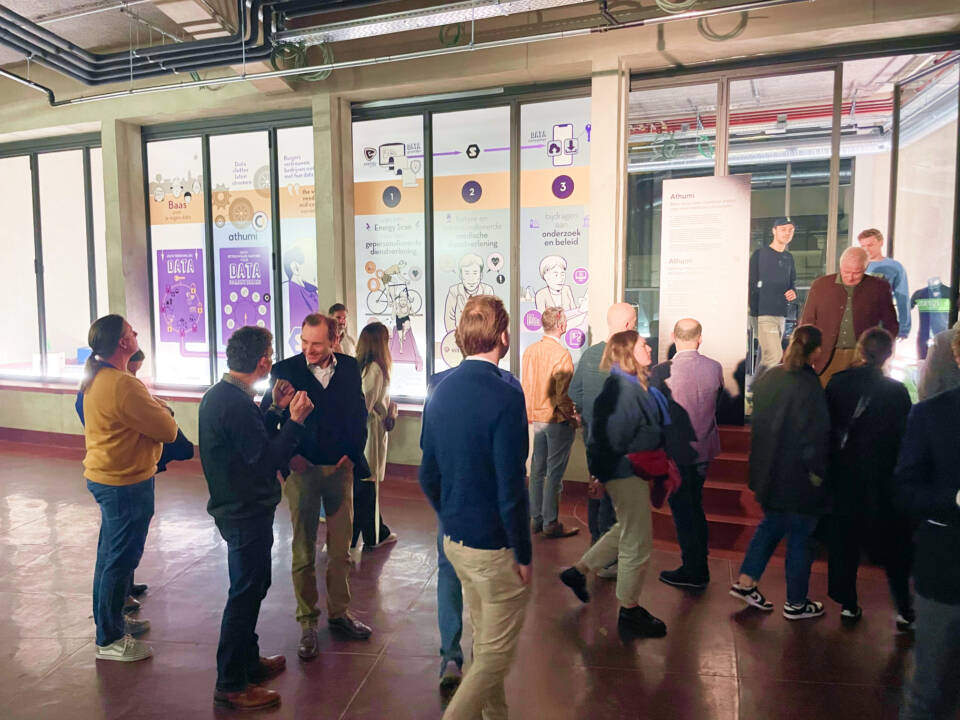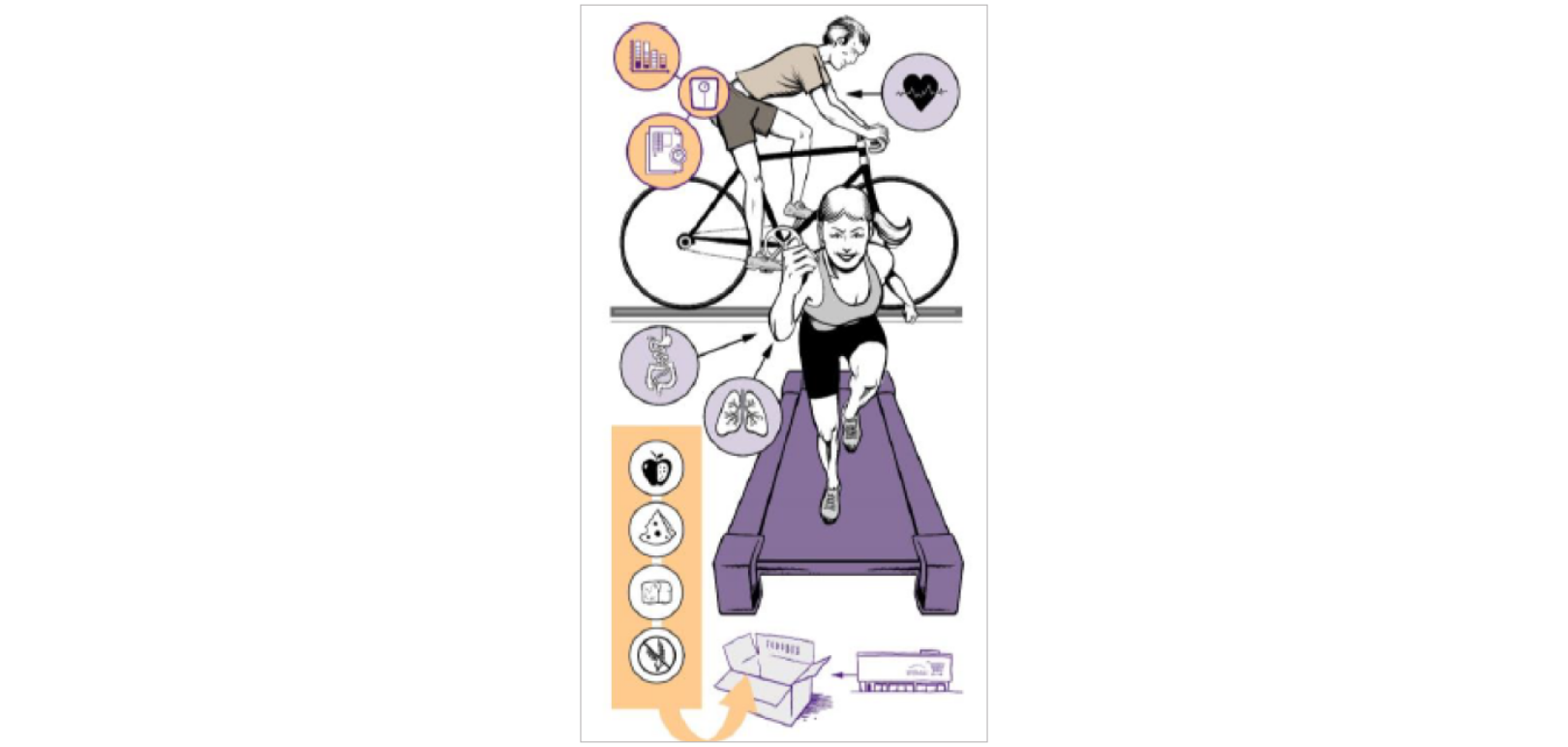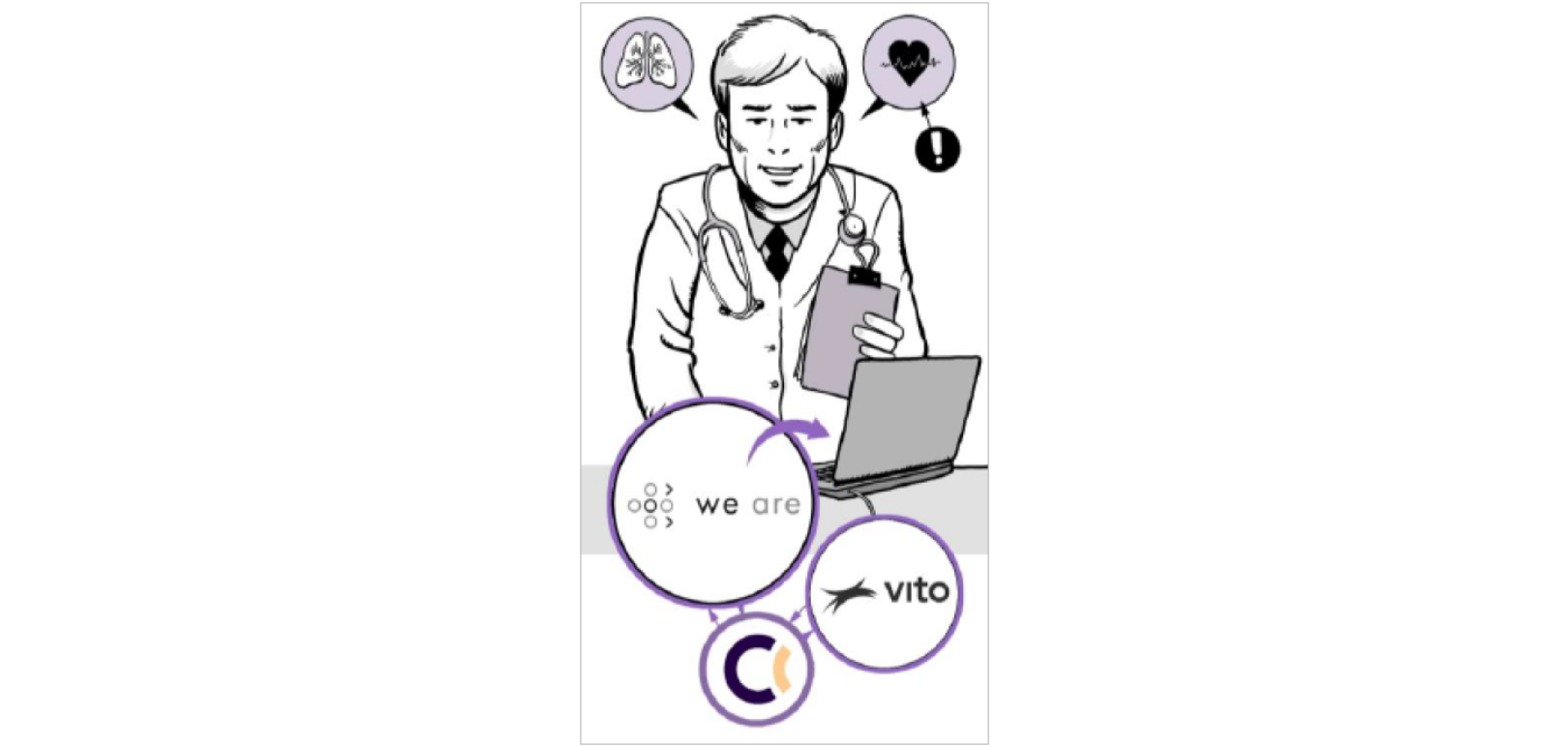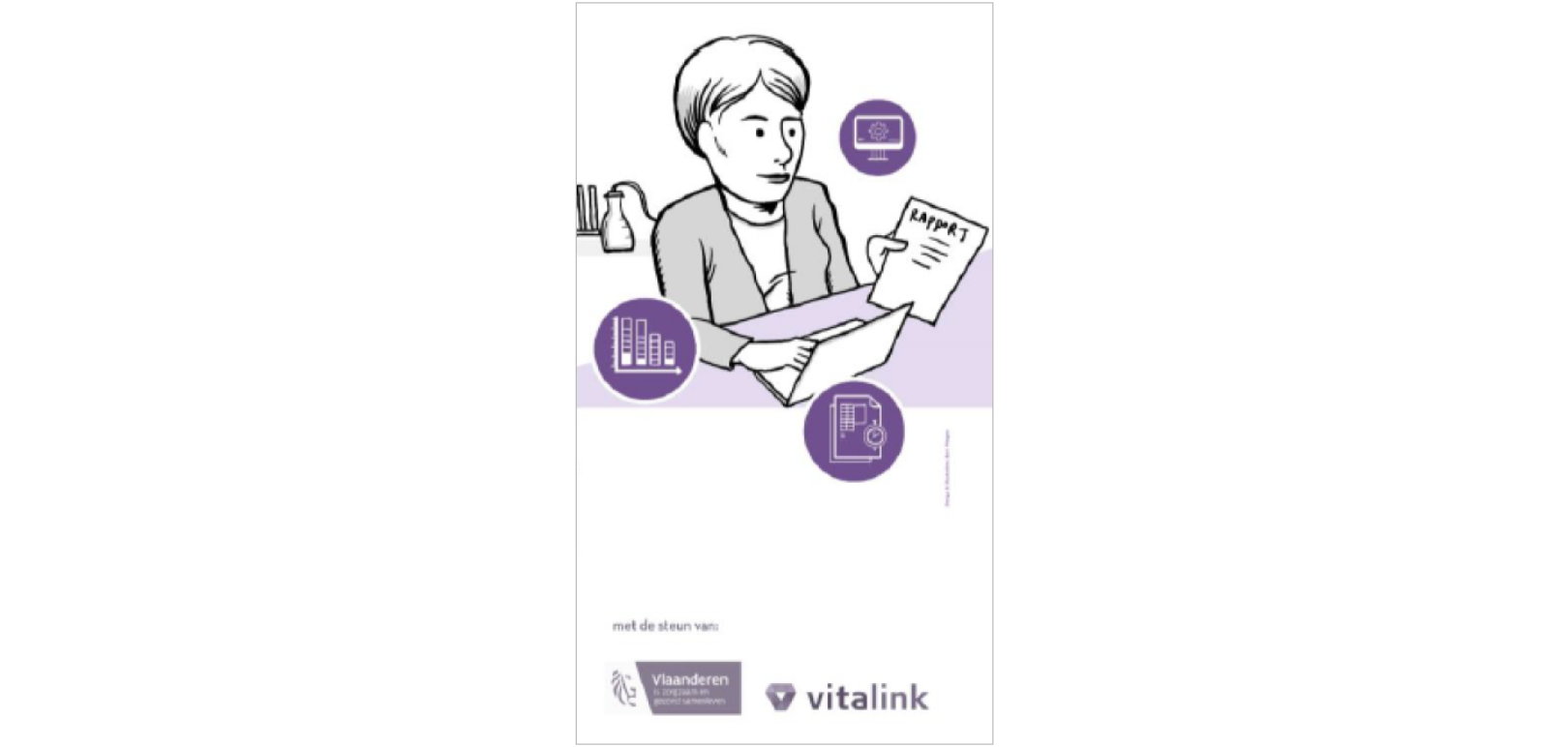Vitalink is a secure IT platform that shares structured health information between various health actors involved in your care. Of course, you can also gain access to your own file yourself. In the future it will be possible to add information yourself, giving you more insight into your health and more control over your treatment.
Thanks to information sharing, healthcare providers can work together more effectively and they always have the most recent basic information at their disposal. This is particularly crucial for health information that is essential to ensure continuity of care, enable integrated care provision and contribute to preventive care provision. This means that, for example, you also have access to important information from the file that your general practitioner keeps about you in the hospital.
The data shared via Vitalink includes your medication schedule, a summary of your medical file with your general practitioner, vaccinations, the Kind&Gezin file for young children, population studies for cancer, and so on.
Vitalink acts as the platform where all this data is stored and shared, although it is not a separate software application itself. Healthcare providers are connected to Vitalink via their own software package or the hospital's electronic patient file. As a citizen, you can consult your data via web applications such as MijnGezondheid, MyHealthViewer, Cozo, MyNexusHealth, and via mobile apps such as My Medicines or Helena. More information: Vitalink.




